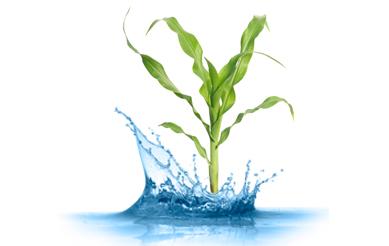Comoros, Kenya, Mauritius, Madagascar and Seychelles have received $4.5 million from the Japanese government to fund blue economy growth in the countries.

The project is aimed at improving coral reef fisheries production for food and nutrition security for populations living along the Indian Ocean.
Gabriel Rugalema, Food and Agriculture Organisation of the United Nations (FAO) Kenya representative, told journalists in Nairobi that the three-year initiative would also promote the restoration of fragile ecosystems and assisting fishing communities to better manage their coral reef resources.
“The initiative will help the five countries track movements of fish from production to the market and reduce illegal fishing on the ocean,” he added.
He said that the initiative, which is targeted at improving the fishery value chain and access to the market, is the first project since the TICAD VI conference that was held in Nairobi last year.
The official said that the money that has been donated by the Japanese government would also be used in improving maritime safety and enhancing knowledge on policy in collaboration with the Kenya Marine and Fishery Research Institute (KEMFRI).
“We want to empower populations to exploit other blue economy sectors as opposed to over relying on tourism that has remained the mainstay of most countries in the region,” Rugalema added.
The Japanese Ambassador to Kenya, Ryoichi Horie, called on the eastern African countries to take full advantage of the huge potential of the blue economy.
Horie underlined the important role that blue economy has played in the development of most Asian countries and urged the countries to take the initiative seriously.
“Blue economy has the potential to greatly accelerate economic development along the Indian Ocean shoreline of the African continent and beyond,” he said.
The envoy revealed that Japan will second a technical expert to help promote marine fishery sector in the blue economy development.
He said that the project is in line with the firth coming TICAD VII which is ‘advancing Africa’s development through people, technology and innovation’.
“The project will support fishers to shift from illegal fishing gear and methods by assisting in identifying the appropriate fishing methodologies and gears,” the Ambassador added.
He said that the funding will also help in training youths and offering them technical assistance and financial resources to ensure their involvement in community surveillance of these areas.
Horie observed that the project will increase the resilience of the fishing communities to prepare for negative effects and impacts from climate change, acidification and coral bleaching as well ensure that countries with mangrove forests and sea grass beds, particular management activities will be undertaken to allow for maximum carbon sequestration.
Over 30,000 people will benefit from the initiative which includes small-scale fishers and other fisheries professionals in the five countries.
It is expected that the initiative will help streamline fishing activity along the Indian Ocean given that at the moment, numerous artisanal fishermen, who access coral reefs, experience reduction in their incomes from fishing, due to reduced catches that is attributed to overfishing, loss of coral reef habitat, ocean acidification, coral bleaching, illegal fishing, poaching by neighboring countries and loss of biodiversity.
The project will be undertaken by FAO on behalf of the Japanese government.
By Duncan Mboyah
